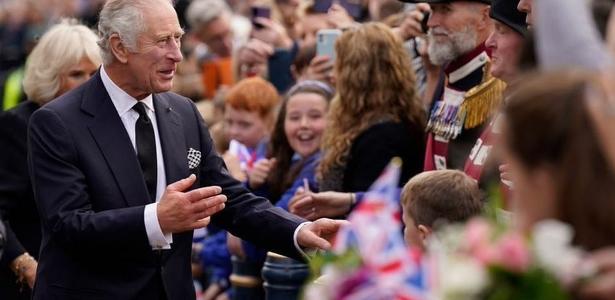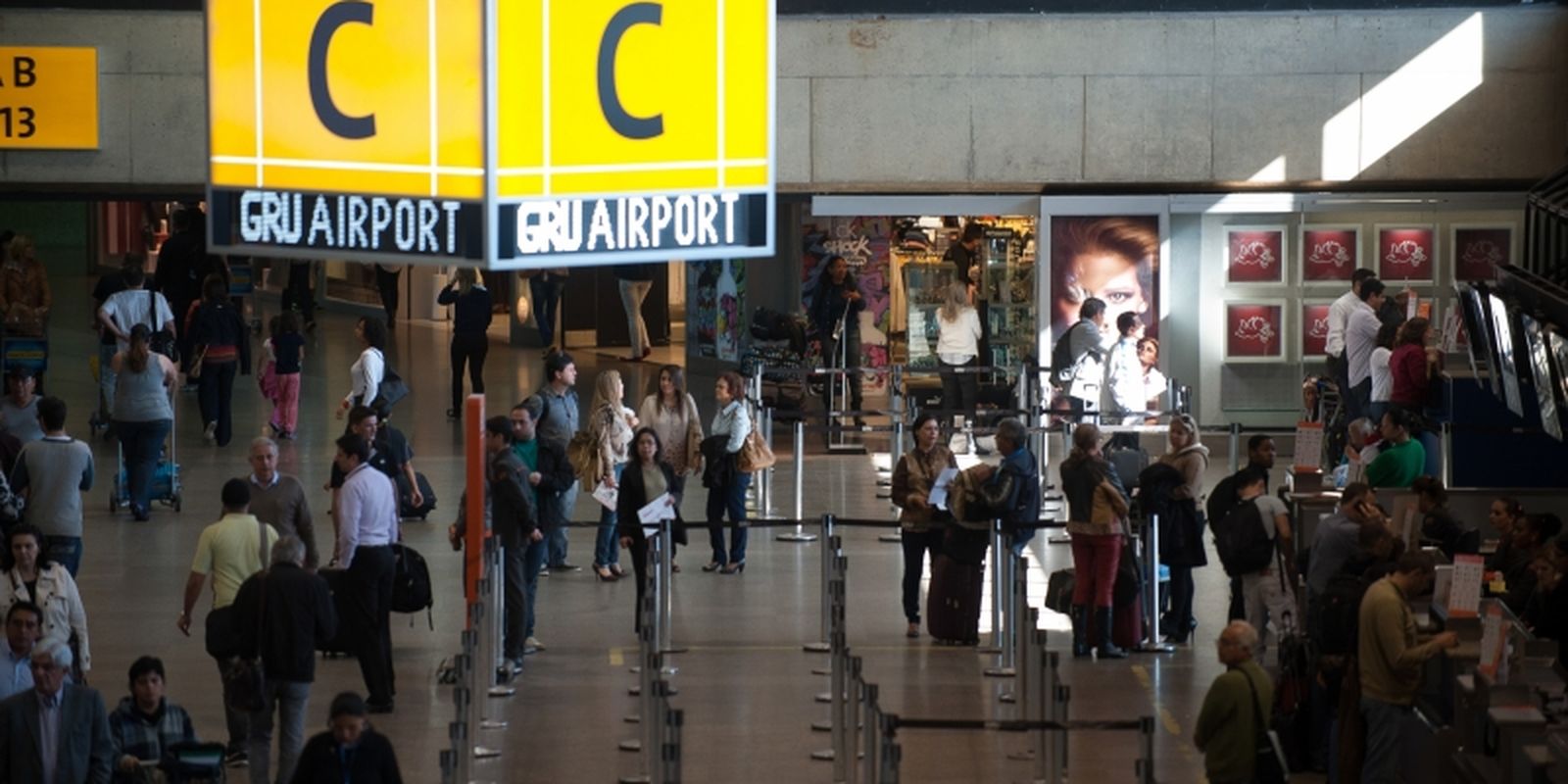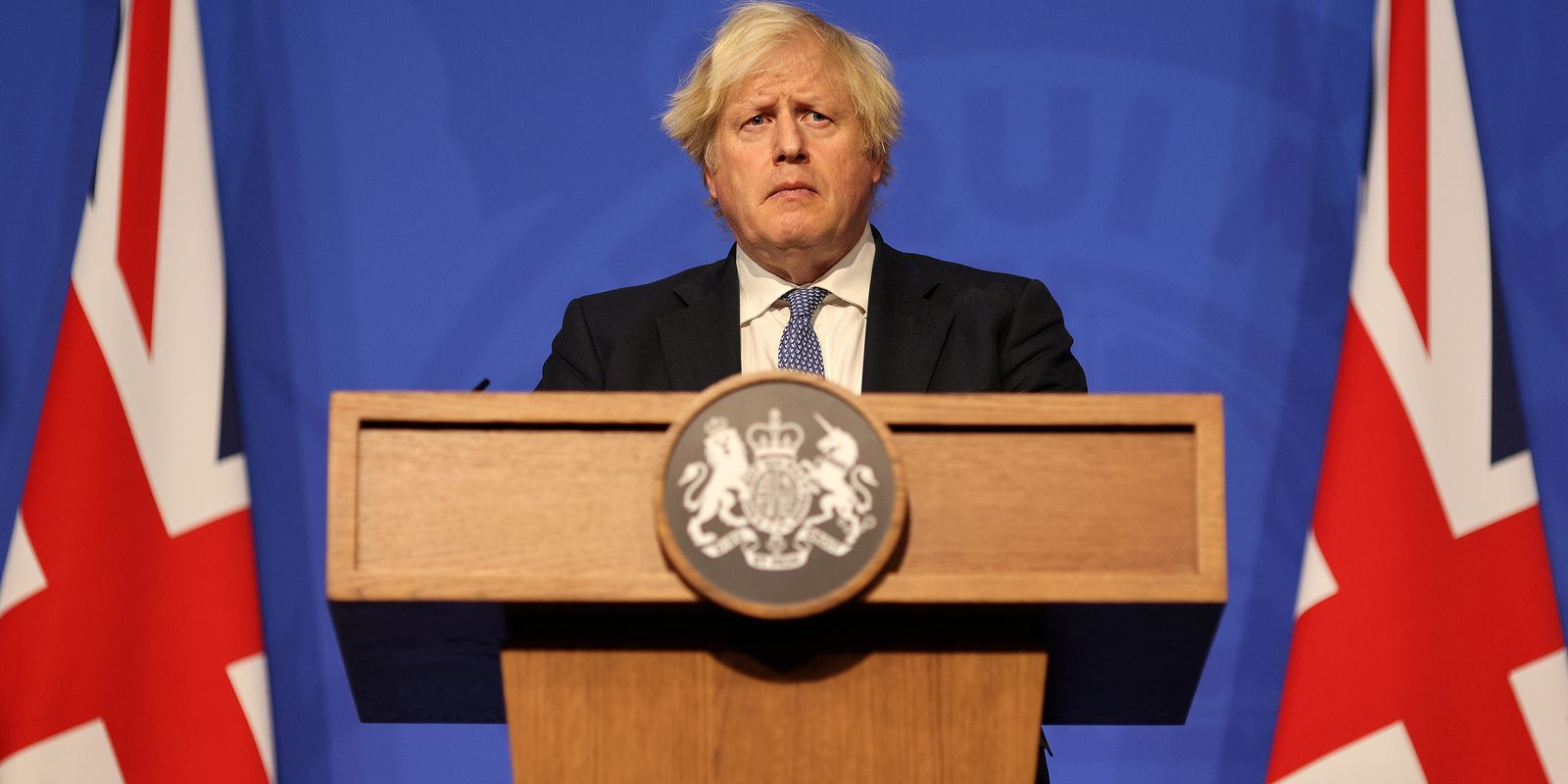In theory, few transitions are as smooth as a succession of the British monarchy: less than 48 hours after the death of Queen Elizabeth II, King Charles III was officially proclaimed the new sovereign of the United Kingdom.
But things are not so simple: Charles ascended the throne at a difficult time for the country and the royal family. Historians interviewed by the BBC believe the new king faces ‘unprecedented challenges’ that will define – for better or for worse? his reign and those that will follow.
Charles will face many hardships: from dealing with the impact of the energy crisis on the country to changing perceptions of the monarchy after his late mother ruled for more than 70 years.
Here are some of the main issues that might need the attention of the new king.
A down-to-earth monarchy?
Millions of households in Britain are facing a potential fuel shortage this winter as fuel prices soar. fuels fossils triggered by the war in Ukraine. The most pessimistic forecasts indicate that up to 45 million people will struggle to pay their bills, or two-thirds of the country’s population.
This scenario will likely put the finances of the royal family under more scrutiny than usual. Indeed, even before the war there were rumors in the British press that the then Prince of Wales was willing to diminish the pomp and circumstance of royal occasions – which include his coronation, which is to take place after June 2023 (after a period of mourning the Queen’s death).
Britain’s Daily Telegraph speculated on September 13 that the event would be different from the lavish coronation of the late Queen in 1953 – which was the first such televised ceremony.
Citing sources close to the royal family, the newspaper said Charles III’s coronation would be shorter, “cheaper” and, above all, more multicultural, to reflect the diversity of British society.
Charles has previously spoken of his desire to have a lean monarchy – which will likely result in a smaller group of ‘working members’ of royalty, centered around King and Queen Consort Camilla, Prince William and his wife Kate .
“It’s very likely that we’ll see things roll back, especially the coronation,” historian Kelly Swab, an expert on British royalty, told the BBC. “The royal family must pay attention to what is happening in the country in these difficult times.”
The finances of the royal family are a complex subject that is often at the center of arguments against the monarchy: money. comes primarily from an annual payment funded by taxpayersknown as the “sovereign grant”.
For 2021-2022, this grant has been set at US$99.8 million (511.6 million reais) – or US$1.49 (7.77 reais) per person in the UK, but this does not does not include high security costs for members of the royal family.
declining reputation
Support for the monarchy is at its lowest level in more than 30 years, according to the British Social Attitudes Survey, a survey that regularly measures the feelings of a sample of the British population towards royalty.
The latest edition of the poll, published in 2021, showed that 55% of Britons thought it was “very important” or “fairly important” to have a monarchy. In previous decades, this support has fluctuated between 60% and 70%.
In May this year, Charles appeared third on people’s list of favorite royals, behind the Queen and her eldest son Prince William. While polls taken after Elizabeth II’s death showed growing support for the new king, there are signs that Charles has work to do to improve the reputation of the royal family.
“One of the challenges for the king is to make the monarchy attractive to younger generations,” explains historian Richard Fitzwilliams.
Fitzwilliams’ view is in line with the UK Social Attitudes Survey, which shows that in 2021 just 14% of people aged 18-34 considered it ‘very important’ that the UK has a monarchy, while the proportion among people aged 55 and over was 44%.
And according to a YouGov poll conducted for the anti-monarchy group Republic, 27% of the population support the abolition of the monarchy outright.
It’s a relevant increase considering that the norm in recent decades was 15% support for the total abolition of the monarchy. And considerably greater dissatisfaction is registered among the younger generations.
Kelly Swab also points out that “things have changed a lot since 1952” (the year Elizabeth II became queen). She specifically refers to the sporadic protests against the monarchy that have taken place in recent days.
“There’s less respect for the monarchy these days and a lot more scrutiny from the royal family,” she says. “That’s something King Charles needs to bear in mind.”
‘Never complain, never justify yourself’
King Charles III is the Head of State of the United Kingdom. But according to the model of British constitutional monarchy, the powers of the sovereign are mainly symbolic and ceremonial. Thus, members of the royal family should remain politically neutral.
The late queen’s measured stance was seen by many as a result of her belief in the adage “never complain, never explain”.
In the past, Charles spoke out on different topics that he thought were important. In 2015 it was revealed that he had written dozens of letters to government ministers expressing concerns on issues ranging from herbal medicine to the public budget and the armed forces.
Will his posture change? Constitutionalist Vernon Bogdanor believes so.
“He’s known since he was young that his style will have to change. The public won’t want a militant monarch,” Bogdanor says.
By September 12, addressing parliamentarians, the newly proclaimed king was already showing signs of moving towards greater political neutrality. As well as acknowledging there were personal interests he would have to give up, Charles said Parliament was the “living, breathing instrument” of British democracy.
Commonwealth: Colonial Legacy
After his mother’s death, Charles became the head of the Commonwealth, a political association of 56 countries, mostly former British colonies. He is also head of state for 14 countries in addition to the UK – a list that includes Australia, Canada, Jamaica and New Zealand.
In recent years, however, some Commonwealth nations have begun to debate their relationship with the British crown. As part of this process, Barbados made the decision to become a republic at the end of 2021, which removed the late Queen as the country’s head of state. Located in the Caribbean, the island has endured centuries of British influence and has been a center of the transatlantic slave trade for over 200 years.
THE travel of Prince William to the Caribbean in early 2022 sparked anti-colonial protests and demands for redress for slavery in the region. Jamaican Prime Minister Andrew Holness has publicly told the royal family that the country is “moving forward”.
BBC Royal Correspondent Sean Coughlan believes redefining a more modern relationship with the Commonwealth will be “a great challenge” for King Charles.
“During his visits to Commonwealth countries, Charles will be challenged to navigate the difficult legacy of colonialism and issues such as slavery.”
A “veteran” king
At 73, Charles III is the oldest person ever to be proclaimed King of Britain. One of the questions about the day-to-day of his reign is how far out of the long list of royal duties he will be able to carry out himself.
There is much speculation that her son and heir to the crown, Prince William, will share the burden of royal commitments, especially overseas travel. Queen Elizabeth II herself stopped traveling abroad at the age of eighty.
“Charles is an old king. He can’t do everything,” says historian Kelly Swab. “I think the consequence of that will be that we’ll see Prince William a lot more.”
stand up to the queen
As the outpourings of grief across the country after her death clearly show, Elizabeth II was a hugely popular monarch.
That in itself is a challenge for the new king – but not insurmountable and not unheard of, according to royal historian Evaline Brueton.
She claims that King Edward VII experienced the same situation when he inherited the crown in 1901, after the death of Queen Victoria, another very popular and long-lived monarch.
“There are some interesting similarities between our current situation and the late Victorian era,” says Brueton. “Edward VII and Charles III came to power in times of social change in Britain. And both were not as popular as their mothers.”
Edward VII was only in power for nine years (1901-1910), but a king is fondly remembered for being involved in the diplomatic efforts that laid the foundations for the famous Cordial agreementa series of agreements between the United Kingdom and France signed in 1904.
“Edward 7 was extremely well behaved and there is no indication that Charles will not be remembered as an equally important king,” says Brueton.
“He had Queen Elizabeth II as a role model and had time to prepare for the task.”

“Freelance communicator. Hardcore web practitioner. Entrepreneur. Total student. Beer ninja.”







